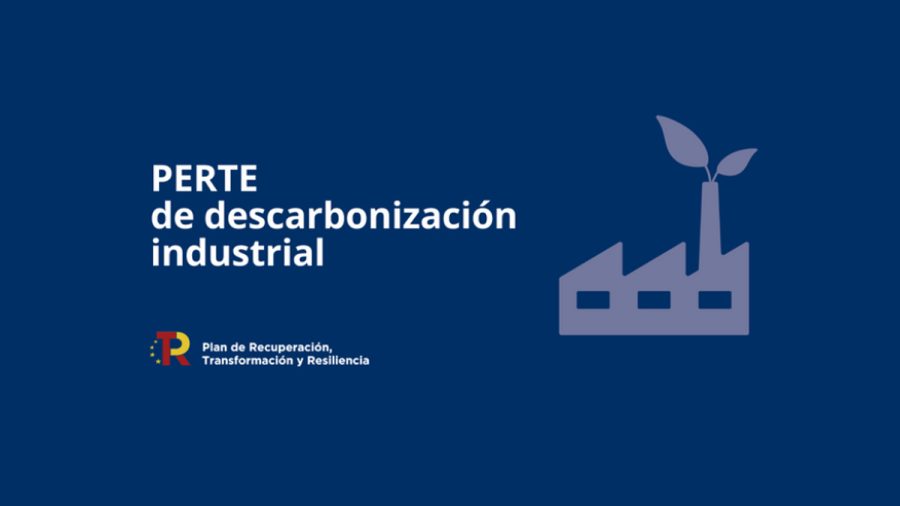The EU will need to update its long-term climate target by 2020. Parliament wants to achieve carbon neutrality by 2050.
The European Parliament will vote in the plenary session, from 25 to 28 November, a resolution in which it will urge the EU to set itself the goal of achieving carbon neutrality in 2050, by virtue of the Paris climate agreement. The vote will take place before the climate summit that the UN will hold in Madrid, from December 2 to 13.
The Paris agreement aims to limit global warming below 2º C and to make efforts to limit it to 1.5ºC in order to avoid catastrophic consequences of climate change. It has been signed by 194 countries and the European Union. All EU countries are individual signatories of the agreement, but coordinate their positions and establish common emission reduction targets at community level.
To reach the goal of the Paris agreement, countries must set targets for their climate efforts every five years and increase the level of ambition gradually. The next target update is expected by the end of 2020.
Climate objectives of the EU.
The EU was the first major economy to present its emissions reduction target under the Paris agreement. The EU's current target is to reduce its carbon dioxide (CO2) emissions by 40% by 2030, compared to the level of 1990. However, there is increasing pressure to increase the level of ambition
According to a 2018 report by the Intergovernmental Panel on Climate Change (IPCC), emissions would have to reach net zero by 2050 if the 1.5ºC target is to be met.
Global youth protests and school climate strikes started by Swedish activist Greta Thunberg, and a special 2019 Eurobarometer survey show that Europeans are ready to adjust climate targets.
EU leaders will discuss climate change and the Union's long-term climate goals at their summit in December, and the EU is expected to present its updated climate strategy to the UN in early 2020.
CITIZENS' SUPPORT FOR CLIMATE ACTION
This year a Eurobarometer poll, carried out by the European Commission, indicated that Europeans are very concerned about climate change and are in favor of taking measures throughout the EU to deal with it. The main results were the following:
- The 93% of EU citizens consider climate change to be a serious problem and 79%, which is very serious.
- The 92% of respondents believe it is important for their country's government to set ambitious targets to increase the amount of renewable energy used, and 89% believes governments should support improving energy efficiency by 2030.
- The 84% believes that more public financial support should be provided for the transition to clean energies, even if this means reducing fossil fuel subsidies.
- The 92% of respondents (and more than eight out of ten in each Member State) agree that greenhouse gas emissions must be reduced to a minimum and offset the remaining emissions in the same way, so that the EU economy to be climate neutral by 2050.







